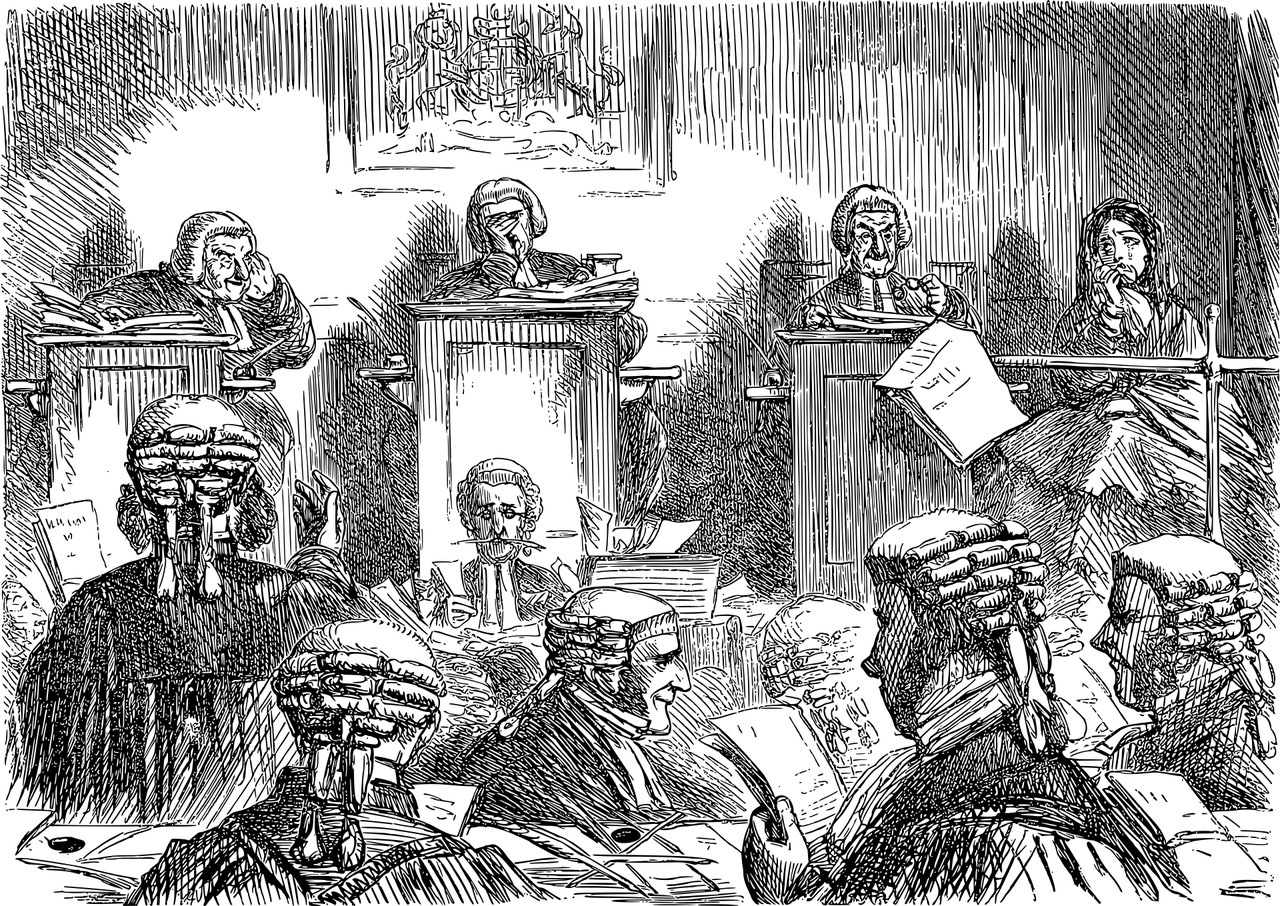The Case for Localized Power
- Jul 20, 2020

The US and state constitutions outline the powers and responsibilities wielded by the various levels of government, but those powers do not come without limits. While government authority ultimately comes from the consent of the governed and our founding documents, Congress and legislatures have enacted laws that further permit or constrain government actions.
The incorporation doctrine binds state governments to follow the Bill of Rights under the Due Process clause of the Fourteenth Amendment. This ensures equal treatment under the law at both the federal and state levels. Before the Fourteenth Amendment, states were free to adopt similar laws, but were under no requirement to do so.
Powers not delegated are reserved for the states
Powers not delegated to the federal government or prohibited to the states are reserved for the states or to the People. There have been multiple instances where states have pushed back against the federal government in areas the states believe the feds have no business regulating.
In one example, Montana passed the Firearms Freedom Act in 2009, which challenged the power of Congress’ use of the commerce clause to regulate firearms. This act declared that federal firearm regulations did not apply to guns kept in the state where they were made, Montana in this case.
On October 1, 2009, a lawsuit was filed in federal court asserting the right to manufacture a firearm under the provisions of Montana’s new law. In August 2010, a US magistrate granted the government’s motion to dismiss and the plaintiff appealed. In 2013, the Supreme Court refused to hear the case, killing the law in Montana and seven other states that had passed similar laws, as well as quashing the legislation that had been introduced by the legislatures of twenty other states.
Other areas where the states have resisted federal interference have been Obamacare, REAL ID, and medical marijuana.
But local governments exercise their powers, too
Sometimes, local government officials push back against their own state, with many examples coming from county sheriffs making a stand. As an elected official and the highest ranking law enforcement officer in their county, sheriffs have significant leeway in implementing policy decisions:
- In 2019, Virginia passed strict gun control laws that many residents of rural and suburban counties didn’t believe were Constitutional. To counter this, sheriffs of many Virginia counties said they would refuse to enforce the new laws, and one sheriff said he’d deputize citizens to push back against enforcement. In total, 75 Virginia counties declared themselves Second Amendment Sanctuary Zones.
- In the spring of 2020, two sheriffs in Arizona said they wouldn’t enforce the governor’s “stay at home order” or any state-level mask requirements, saying such orders were unconstitutional. Similarly, sheriffs in at least nine counties in Texas will not enforce the governor’s executive order mandating mask use, saying it isn’t a law, is unconstitutional, and is worded in such a way that enforcement without violating the ‘do not detain or jail’ provision within the governor’s order is impossible.
Standing your ground against your state’s laws is one thing; even elected officials will run into trouble trying to push back against the federal government:
- In 2015, the Supreme Court of the U.S. ruled that the fundamental right to marry is guaranteed to same-sex couples under the 14th Amendment, and the Kentucky governor (among others) ordered county clerks to issue marriage licenses to all couples. Rowan County Clerk Kim Davis refused to issue marriage licenses to same-sex couples, citing religious reasons, ultimately refusing to issue any marriage licenses to anyone rather than issue a license to a same-sex couple, as licenses were issued under the clerk’s name.
She was sued by four couples who were refused marriage licenses, and a federal court ruled Davis had to comply. She still refused to issue licenses to same-sex couples, saying she was operating under “God’s law”. She refused to resign. The judge found her in contempt and jailed her. Her deputy clerks said they would issue licenses, and Davis was released five days later, under orders not to interfere with her deputy clerks. Eventually, Davis was able to have her name removed from the licenses, so they wouldn’t appear to have her approval behind them.
Hold your elected officials accountable
Elected officials have a bit more leeway in how they do their jobs compared to appointed officials, but not always. Nevertheless, elected officials are regularly reminded they serve at the pleasure of those who vote.
You need to hold your local elected officials accountable for passing and enforcing unjust and unconstitutional laws. Attend council meetings. Get their emails and let them know you’re watching what they do, not what they say. If they don’t, or won’t, follow the Constitution, then work to replace them by supporting an opposition candidate at the next election cycle, initiating a recall petition, or even running for office yourself.
In our next segment, we’ll highlight how individuals have pushed back against unjust laws, including how one group of citizens convinced a city to completely change how it followed a state law about checking firearms in public buildings.















